
Brian's Run Pod
Welcome to Brian's Run Pod, the podcast where we lace up our running shoes and explore the exhilarating world of running. Whether you're a seasoned marathoner, a casual jogger, or just thinking about taking your first stride, this podcast is your ultimate companion on your running journey.
Join us as we dive deep into the sport of running, covering everything from training tips and race strategies to personal stories and inspiring interviews with runners from all walks of life. Whether you're looking to improve your race times, stay motivated, or simply enjoy the therapeutic rhythm of running, Brian's Run Pod has something for every runner.
Brian's Run Pod
The Mindful Runner with Husnara Khanom Part 3
Use Left/Right to seek, Home/End to jump to start or end. Hold shift to jump forward or backward.
In our final discussion with mental health advocate Husnara we uncover the parallels between the discipline of running and managing mental health. Sharing stories from ultramarathon veterans and personal anecdotes, we illuminate how the practice of tracking our runs mirrors the critical act of mood monitoring, emphasizing the importance of self-awareness in both journeys. As we navigate the psychological terrain of running, we embrace the idea that self-care extends beyond the conventional, finding solace in the rhythms of our footsteps and the healing nature of the paths we tread. Join us for a discussion that promises to leave you empowered, with strategies and insights for balancing the strides of running with the strides toward mental clarity.
Brian's Run Pod has become interactive with the audience. If you look at the top of the Episode description tap on "Send us a Text Message". You can tell me what you think of the episode or alternatively what you would like covered. If your lucky I might even read them out on the podcast.
Instagram
Now, I mean, I did talk about this with someone who was a physiologist, so he does look so analyzes running technique and whatever. But he did bring up an essential point that you know those people who do run regularly and who are, you know, very you know, maybe in that 20% of you know they're doing a lot of miles and whatever, but then they will get injured. They will we never to believe you know if they will get injured, but this could as you said, affect their mental health or how you know because they're not doing the thing they love doing?
Speaker 2:Yes, yeah.
Speaker 1:What do you or you know? Is there an approach to help deal with injuries and those people who are suffering from?
Speaker 2:injuries.
Speaker 2:Yeah, I mean, I'll give you one thing I will say is that, firstly, in terms of like what I'm kind of promoting about running, you don't need to do huge miles.
Speaker 2:You know, I mean, when you do miles there are some different types of benefits anecdotally, and some scientific as well, like in terms of getting to that run as high, really clearing your mind, of being in the moment. But really, I mean, most of the runs I do are like 30 minutes, honestly, like 30, 40 minutes, and it gives me everything I need. So you don't need to get to a point where you're running excessively to get a lot of the mental health benefits of running. And another thing I'll say is that even for me, over the last couple of years, to be honest, I've had a bit of an injury, a repetitive strain injury on my knee, so it's kind of stopping me, sadly, from getting beyond five miles. And I've had some physio from it and it kind of helped a little bit and it's kind of coming back again now. But I've kind of got this sweet spot of five miles I can run in and in a way I'm kind of like well, it's kind of working for me and I'm getting what I need.
Speaker 2:I'd love to be able to take like long miles, longer distances, but it doesn't affect me too much. So that's where I am in terms of injury stuff. But in terms of like, if you're really injured, I mean, even just walking is great. You know it's like you still get so many of the same benefits. But I feel running it just speeds it up. You know you're getting to that state, mental state a lot quicker. And high intensity exercise like running has scientifically been shown to do a lot of these amazing things to the brain, like the neurogenesis and stuff like that that you talked about in the other podcast. So running is unique in that sense. But a lot of the mental health benefits you can also draw in other ways through walking and even just meditation. You know it works for a lot of people.
Speaker 1:Good point Good point.
Speaker 2:You did mediation, so there's lots of other things that you can do if you're injured before you get back into running again.
Speaker 1:Yeah, yeah. Or even, you know, maybe the injury may highlight your body saying that maybe you're not doing either enough strength work or oh, God, yeah definitely. You know, or using you know, other tools like you know other exercise like Pilates for core work or that kind of thing, so it is a way of your body saying excuse me, yeah, yeah.
Speaker 2:Yeah.
Speaker 1:Or you know, even doing, you know you're, either you're overtraining, you know, because you know you can be tired at work and that kind of you know feeling.
Speaker 2:Yeah, I think it's so true, like I think we just need to tune in, you know, tune into our bodies, and I think that's what my book is is sort of geared towards doing. And I will just say yes, like listen to your body. If you are injured, what's it saying? Like, why are you getting there? Like listen to it, not just oh God, I've got to get over it, what exercise we're going to do to get back again, but just really tune into your lifestyle, what's going on, and yeah, and you can make some good changes.
Speaker 1:Yeah, or I do recommend dancing.
Speaker 2:Dancing yes.
Speaker 1:So yeah, my wife and I go dancing once a week. And that's very good for you know again having to use your mind and having to move.
Speaker 2:Yeah, yeah, there's a lot to be said for that you know so because, yeah, people are moving your body, you know it's, it's quite.
Speaker 2:Yes, I think movement is so key and that's another sort of I won't go off the tangent too long, but like there is a growing movement which is talking about movement as part of meditation. You know, because I know for a long time it's all like been about seated meditation, but now there's a growing trend that's saying you need to move. You know and how important movement is in meditation. So and the running falls into some of that dialogue too- so yeah, especially these days, I mean.
Speaker 1:I mean, I think a lot of us are like I'm just talking about like this and like looking at our phones and that kind of thing, and then it's really we're not good for that?
Speaker 2:Yeah, we're not good for that, yeah exactly.
Speaker 1:I think one thing I again we don't. I could talk to you about.
Speaker 2:Talk to you about loads of different things, but no, there is there's one thing I really my dad's in a care home quite near here and we, every Saturday, we go for a walk and a thing I love we go through Bushey Park.
Speaker 1:I don't know if you know Bushey Park, but we walk through there and then, even now, there's a Tai Chi class taking place, which is outside and it's like I don't know, it's about five degrees today or something like that. And I think they just, they just look so at peace with you know, everything around them.
Speaker 2:And.
Speaker 1:I just think they look fantastic and it's great to see you know it's really great to see sort of thing Totally, totally, and they're getting so much. You know, you know, I know we're talking about running, but that the benefits, you know, the wellbeing it's, so you know they must be getting so much from doing that.
Speaker 2:So yeah, yeah, completely yeah. I mean, I was looking at some science recently about how, like animals, how they, how they deal with trauma, which is they physically shake it off. Yeah, so, like dogs and other animals, when they, when they're attacked or face some sort of trauma, they, they should physically shake and they shake it off. And we, as humans, we don't do that. We are very like, we hide away, you know, and we keep it in our bodies and we store it and the impact that has ramifications on, you know, our minds and bodies, you know, and so we end up, end up sort of storing that trauma within us so it can show up as somatic symptoms and psychologically obviously. So, yes, it's really interesting. So I think that's why it's really important to move, you know, in a way, yeah, yeah, whether it's running, dance, just just start moving yoga, you know, do you? Do I?
Speaker 1:mean I know, you said, I mean you've done the marathon, and then you know, you're sort of doing 30 minutes running. But do you do anything specific in terms of running? I mean, do you do any sort of temper running or interval running and do you find any of those different types of types of training? Do they do they enhance the way you feel?
Speaker 2:Yeah, if I'm totally completely up front with you, I am going to say no.
Speaker 2:Because I mean, I don't. I don't do much speed stuff, I'm really slow, I'm a really slow runner if I'm on this with you, but I love it. And recently I've been doing a bit more of a walk runs just because of my knee, but really what I do because I noticed that I need to build up my strength. So I do go to the gym to do some strength work, squats and all of that and I do it. I find it boring if I'm totally honest with you, but I do it so I can run, I genuinely do it so I can run, and so I don't get injured. And I do do yoga and I love yoga, absolutely love it, especially being here in Bali. It's a big yoga effort.
Speaker 1:Oh yeah, retreat, yes, yes, yeah.
Speaker 2:Retreat, yeah, yeah, yeah, people's studios, amazing teachers, but I don't get the same psychological benefit. But it has helped with running in terms of just stretching, and certain yoga poses are really good with stretching out my legs and stuff, so that's helped. But in terms of different types of running and mental health, I wouldn't say there is anything specific.
Speaker 1:to be honest, the only thing I find that is that okay if I go for a longer run, I mean these days it's five okay or five more okay, but I find that if I do a like a short speed session, it's more. I just feel it's such an intense session that I feel I did because just as much out of it as I do then going for a longer run sort of thing, and I just feel that that's has a different way of making me feel.
Speaker 1:So I feel like, oh yeah, great, I mean, it's only 3K or something like that. It could be just 30 minutes fast and slow, that kind of thing, and then, sorry, 30 seconds fast and slow, and then yeah, and then.
Speaker 2:But the psychological difference with the longer. Shorter, slower run, so the longer run.
Speaker 1:I think there's well there's two things. Is that in our treadmill, on the longer run, you really have to be in that strong mindset that you have to, so you're gonna get, whereas when you're outside you know you're taking in outside and you're, it doesn't seem to, as long as I've got the aerobic capacity and it's fine. Then I do a route and I find find on the longer run there's no, isn't a problem, whereas I think for the treadmill is quite good for like a speed session where you can control the various that you know, the incline and the speed and that kind of thing, but you do find that that's, you know, you have a really good intense session, sort of thing, whereas if you're on an outside, then you might meet in, you know, traffic lights or something like that you're in the middle of your fast session and there's the like oh no, I can't, you know, sort of thing.
Speaker 2:But yeah.
Speaker 1:But, and also, you can't control the speed. Am I going fast enough or not, you know, and that kind of thing. Yes, yeah, that's very true. Yeah, that's true. Any advice you would give to people who are, to new runners, who find that maybe before it wasn't for them and then maybe it's, you know, it wasn't for them because for whatever reason whatever, but maybe because you know they are come to the point of time of their lives that maybe they aren't feeling, they are feeling stressful for one reason or another.
Speaker 1:I mean, how will they get out the door?
Speaker 2:I think the main advice to new runners I'd say is trying to find a way to get consistent with it, you know, and keeping consistent with it, because Often it's so easy to sort of give up before you start to see any of these. So you're not going to see these psychological benefits straight away, especially if you're a mutual running and you're resisting it and Because you're all you're going to be thinking about is oh my god, I'm out of breath. Oh my god, my legs are all of this stuff, you know. So really the key thing is trying to get consistent with it, regular with it, show up and get your body used to those feelings, you know of a being out of breath and changing how you see those Experiences of when you're running out of breath you think, oh my god, I'm gonna die because I'm, I can't breathe, you know, and then thinking actually, no, I've, this is the first time I've done this, or second time, of course I'm gonna feel like out of breath. My body's just getting used to it. It's pumping lots of oxygen around. So starting to change the way you perceive some of these bodily sensations at the beginning is important. So might that might take a bit of time, but really it's about just running consistently for a few weeks. So to train your body to get over some of these initial barriers is gonna be key and then you can start building it as part of a habit.
Speaker 2:And the other thing I say is managing expectations. So Even me you know I've been running for a long time, and not just me like lots of other runners I speak to everyone says Even trial, you know runners, like ultramarathon runners, the first mile or two is always hard and sometimes it can be horrific, you know, like my legs are really tired, really heavy, or I'm really out of breath today, and that can be for a number of different reasons, you know. So it's being mindful that actually that first mile is high for everybody, you know. And so it's managing those expectations of what you think that a runner is and what those first miles are gonna look like.
Speaker 2:And once you do Reset your expectations about those things, then it becomes more comfortable and you become more comfortable with the, the discomfort, and then you start learning amazing things. Do these worth doing a like a diary thing, or that's a very good idea, and it's kind of links in with some of the exercises I do actually, which is recording, kind of like how you're feeling, what you're thinking beforehand, but yeah, even a diary of maybe that's an excellent idea, brian.
Speaker 2:So just saying in ink just writing down like, okay, maybe setting us up a goal, and being like, okay, I'm gonna run, I don't know, you know, even if it's 10 minutes, or doing like a couch to 5k type thing, so running for a minute on and off For 20 minutes or whatever and then saying, okay, I'm gonna do it for three weeks and then every day, whenever you do do it, just write down how many minutes you did run for and then actually you will see, more often than not You'll see some sort of improvement, you know, either in how you're feeling or how much you were able to do. You know it's very unlikely that you won't see over time, some, some, some improvement, whether in you, physically or mentally.
Speaker 1:I mean I don't know if you know, but I mean, do you do people who are in treatment for you know depression or Whatever? I mean, do they have to keep a kind of like a? Log of or a diary about how they're feeding on a day-to-day basis, or something like that.
Speaker 2:It's a very usual common technique actually for who suffer from a depression or anxiety, where maybe a therapist might ask them to, like, keep a diary of what their day looks like, for example. They can start monitoring like what, what is it like when they start looking for patterns in terms of triggers or things that they have? For example, I remember when I was working as a clinical assistant psychologist and I'm helping people to try and identify periods of times they might relapse again. So so try and prevent relapse and we'll look at them, keeping a diary, almost, and seeing what are the things that are happening for you and how much are you sleeping, how much are you eating. So looking at habits and things like that. So recording those types of things are really helpful in terms of just seeing how your overall days mood is, what's triggering you, what's affecting you, what's getting you to a state of maybe fear or anxiety, you know so it is a thing that's used quite commonly in those types of settings.
Speaker 1:Yeah, I just wanted to just sort of tap into back into, you know, before we finish our brilliant discussion. And how do we, how do individuals recognize that they do have a mental health issue? You know so, is it just that I'm I'm not feeling, you know, for one reason I'm not feeling comfortable with where I work, or I'm just feeling you know, I'm a bit sad about something but do I? Say to myself well, you know, do I have, you know?
Speaker 2:is this such a fine line. In a way, really, it's such a fine line Because we all struggle, don't we? We all struggle with 40s and I might not be clinically depressed in terms of, because obviously depression has a clinical diagnosis in terms of how long and you know how persistent it is, so and they've got criteria, but then obviously I've had loads of days where I felt so down I don't want to get out of bed, or my energy levels are so low because of my mood.
Speaker 1:You know.
Speaker 2:So it's a fine line in terms of if I'm you know, am I mentally ill, you know, but yeah, I guess I don't. But I guess when, if you are really struggling from a mental health problem, that's when it's really starting to have an impact on wider things and living the life the way you want to, and if it's like your depression is having an impact on you keeping your job or relationships, then it's becoming a real big problem, you know. So I'd say that's a marker if things are not great, you know.
Speaker 1:So, if it's kind of you know, like I said, it's affecting other areas of your life and probably over a prolonged period of time. And then, as we've obviously talked about, quite a bit that it's. You know, maybe choose some form of physical activity or even running to help to reset yourself.
Speaker 2:So yeah, reset exactly, and just hope that as a coping mechanism within yourself. You know that you can lean on at any time, which is great. It's free, accessible to pretty much most people and any time of day and you can lean on it, you know. So it's a great first port of call and I truly believe there's a space for medication, space for psychological therapy. But as a society, if I'm honest, I feel like in the Western world we lean too much on external things like that. You know, it's like oh, I'm not feeling great, okay, I need to get, I need to go get drunk or forget about my situation, or I need to go and get some medication and deal with it. It's not helpful, you know, and that's a problem. Yeah, you're just creating.
Speaker 1:You're just highlighting and just making the problem, worse sort of thing. Yeah, exactly. So you're just kind of spiraling, yeah, exactly.
Speaker 2:Exactly, you're not dealing with it, and for me it's all about how do we utilize the resources we already have, and I feel that as humans, we are equipped with so much that we're only just stepping into and realizing now through science that we have a lot of resources within us to heal ourselves emotionally, you know, physically, and we should tap into that first, and that's, I guess, what I'm trying to promote with the book, is lean on that first and then obviously go for other things as and when you need. But yeah, try it.
Speaker 1:Well, we've done just over an hour and it's been brilliant to talk to you. Obviously, apart from your book I don't know when are you looking to publish or when's it coming out- yeah, so at the moment I'm sort of pitching to publishers in the UK and US.
Speaker 2:I've got pretty much first draft of my manuscript, just refining it. It feels never-ending. So yeah, I don't have a date yet. So yeah, I will keep in touch, brian, and I'll let you know.
Speaker 1:And you have an Instagram, don't you?
Speaker 2:I do. Yes, I have an Instagram running writing mindfully. So, yeah, do follow me. I'm kind of sharing my running writing journey on that and a bit of life here in Bali, which is amazing and it's an amazing place to run. It's very different from London.
Speaker 1:Very jealous. I mean just out of interest. I mean, do you find you know there's, you know regular routes and out there or do you run sort of different routes or anything like that?
Speaker 2:I run a regular route only because it's the safest one I've found. There are no pavements here, like pavements are often broker and patchy and there's scooters everywhere and it's really not for walking or running, which is a shame. So I there's some rice fields at the back of my house, so I normally run along those rice fields. So there are still scooters on the rice fields, but very few in the morning. So I tend to go really early, before it gets too hot, like around six am sunrise and yeah. So I just run across the rice fields, but even then you're still jumping over potholes or dead snakes.
Speaker 1:All right, my gosh All right.
Speaker 2:But it's wonderful that I love seeing us. So we have two volcanoes on the island. The biggest one is Mount Agung and I get to see it on like clear days and it's just the most spectacular view. So whenever I go on my rice field run, I'm just always hoping I get to see it because it is so amazing. So that's yeah, I'm really enjoying that.
Speaker 1:Well, it's a shame we couldn't see it on the Zoom call, but there you go. Anyway, I just wanted to say thank you. Thank you very much for coming onto the podcast and then and thank you, Brian yeah. And really looking forward to hopefully you'll get you know a publishing deal and it will come out in the next few months or so, and I'm looking forward to reading the book.
Speaker 2:Thank you so much. Thank you so much. It's an absolute pleasure talking to you. I've loved every second of it.
Speaker 1:It's just always a draw to talk about this stuff, as I said, I mean, we could have, we could have talked for hours about it Honestly.
Speaker 2:Yeah, I feel like you can put that.
Speaker 1:Yeah, all right, okay Well thank you so much.
Speaker 2:Okay, have a good evening. Cheers, have a good day.
Podcasts we love
Check out these other fine podcasts recommended by us, not an algorithm.
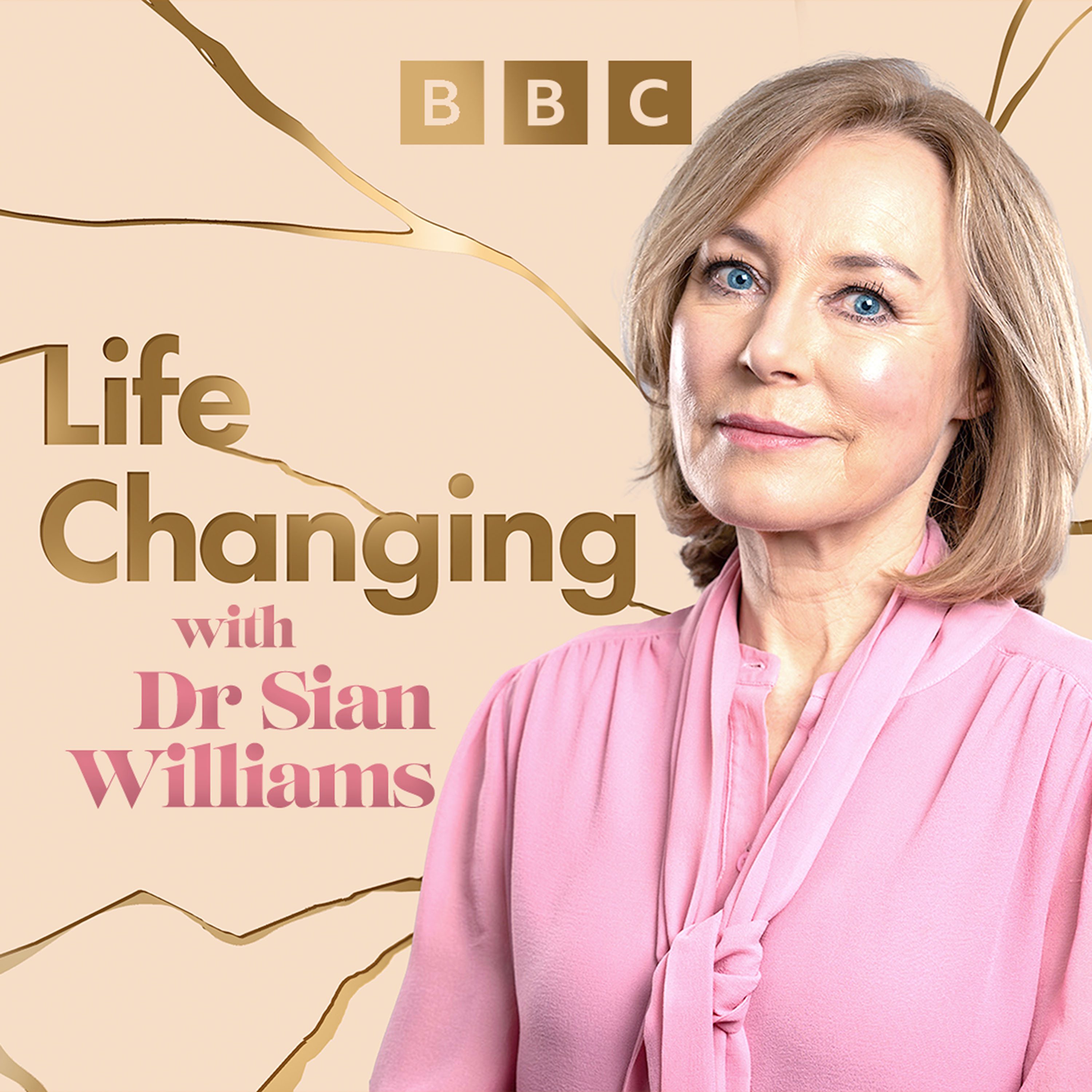
Life Changing
BBC Radio 4
Tech Life
BBC World Service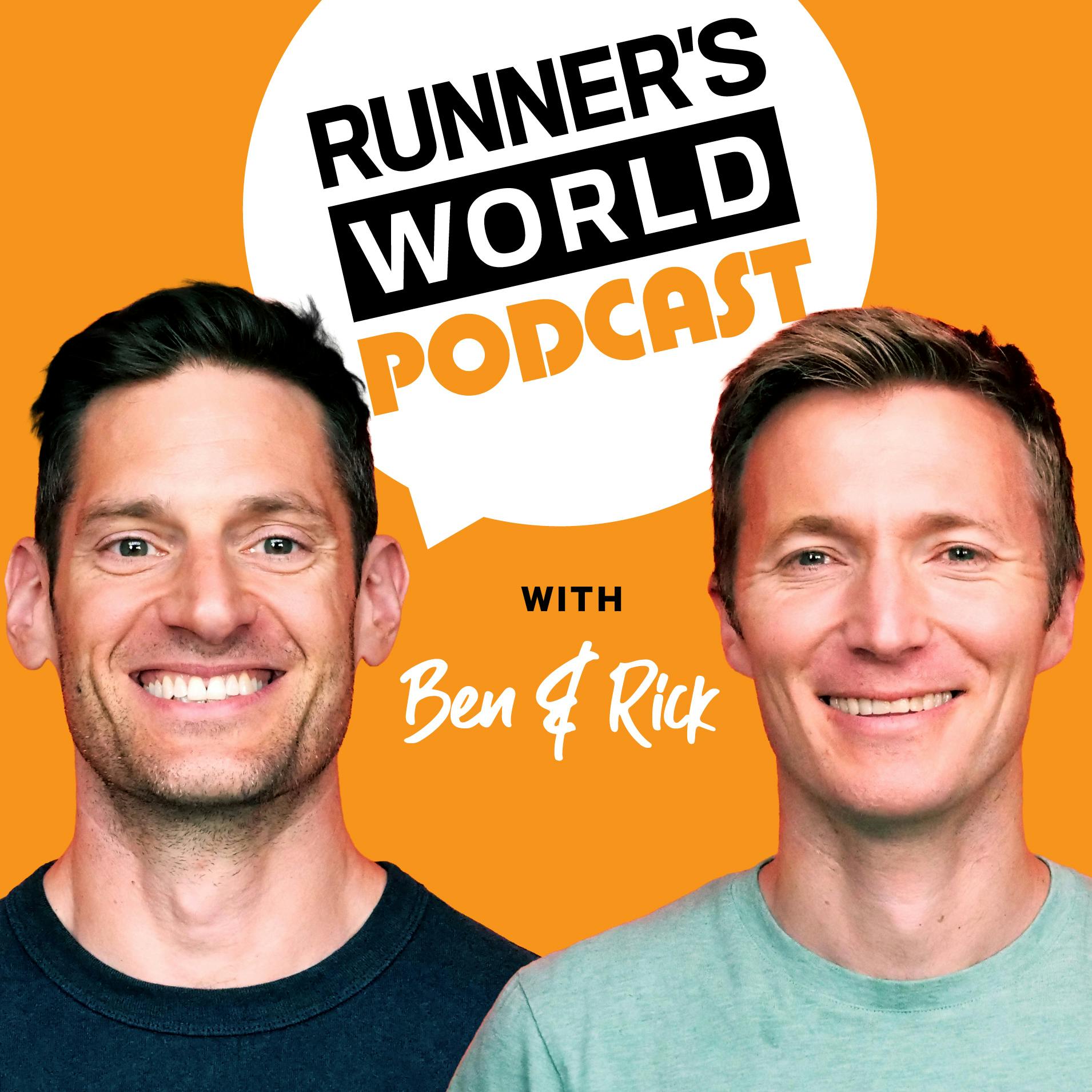
Runner's World Podcast
Runner's World UK
Buzzcast
Buzzsprout
Newscast
BBC News
Understand
BBC Radio 4
Cyber Hack
BBC World Service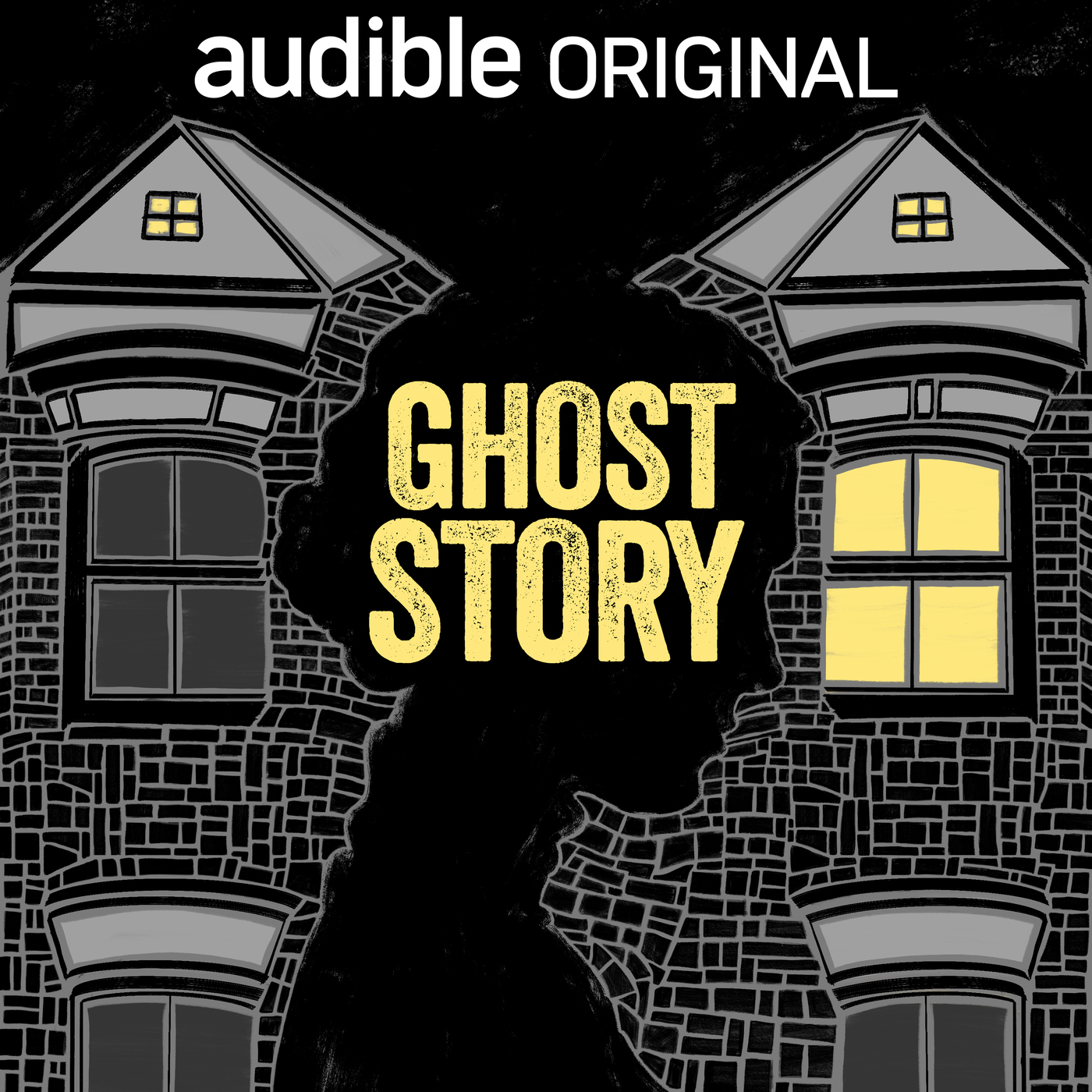
Ghost Story
Audible| Pineapple Street StudiosDiz Runs Radio: Running, Life, & Everything In Between
Join Denny Krahe, AKA Diz, as he talks with a variety of runners about running, life, and everything in between.
Uncharted with Hannah Fry
BBC Radio 4
The Global Story
BBC World Service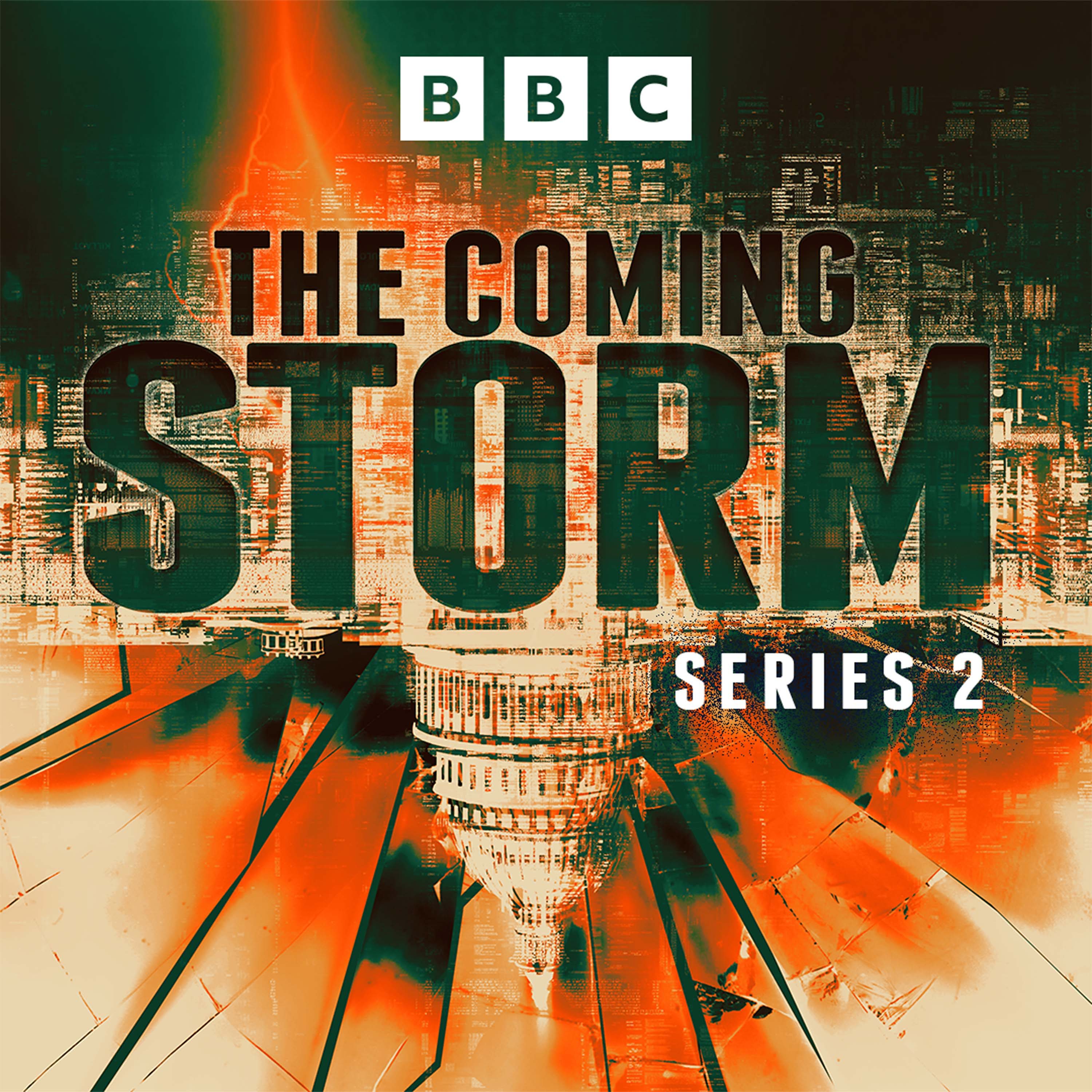
The Coming Storm
BBC Radio 4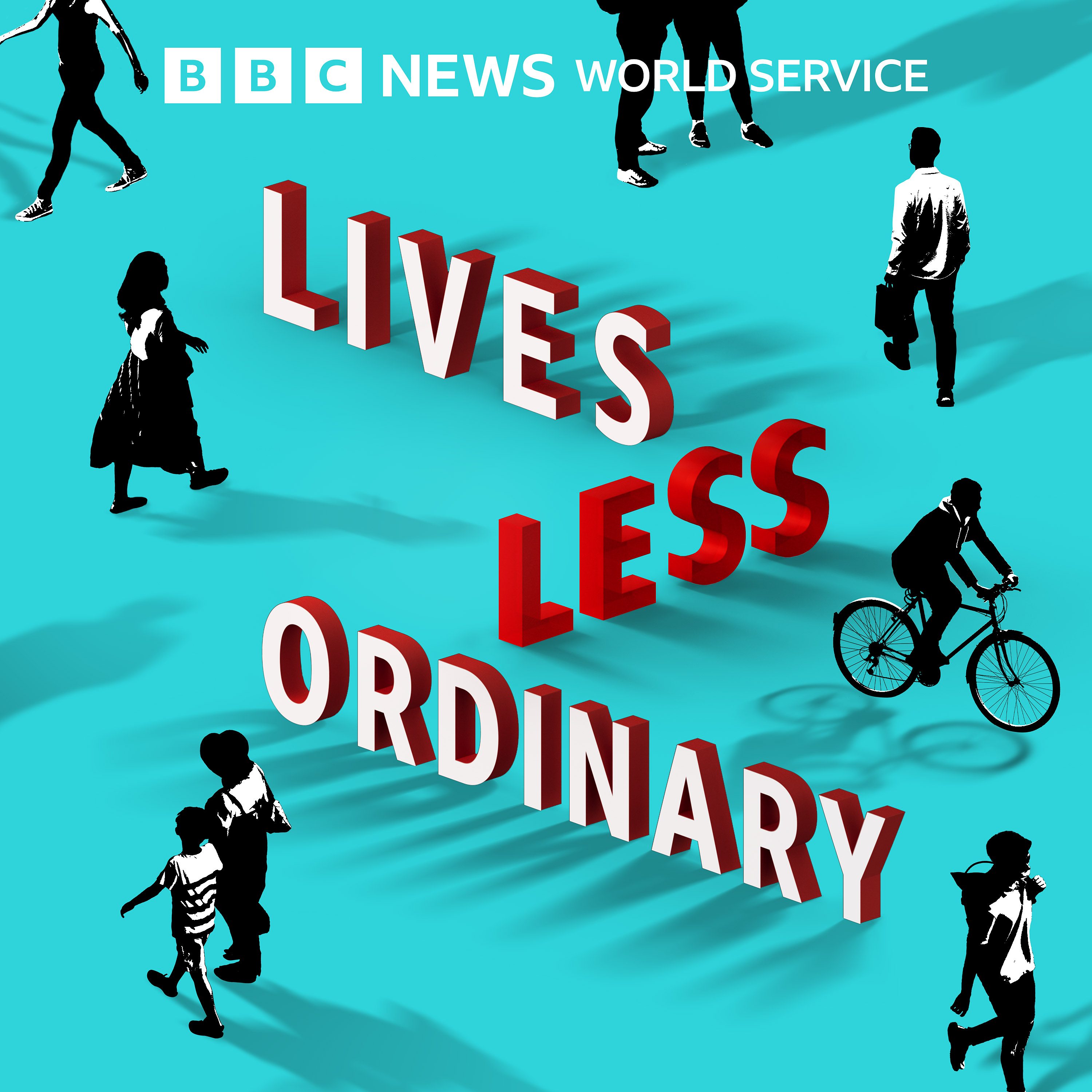
Lives Less Ordinary
BBC World Service
Do Epic Shit Today Podcast
Hannah Mulhern
The Rest Is History
Goalhanger
